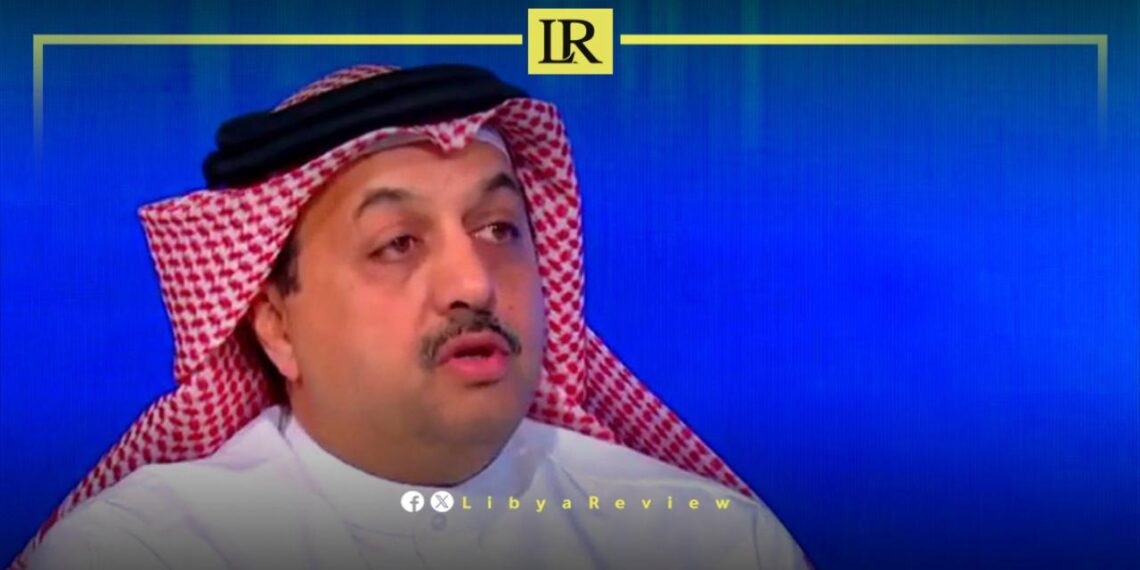Qatar’s Defence Minister, Khalid bin Mohammed Al Attiyah, has reaffirmed Doha’s commitment to supporting a political and peaceful resolution that upholds Libyan sovereignty.
Speaking at a lecture titled “Global and Regional Challenges in the Middle East” at Bosphorus University in Turkey, Al Attiyah highlighted the deteriorating situation in North Africa, particularly Libya, due to ongoing political divisions and the failure of the political transition process.
Al Attiyah emphasised the critical need for a unified approach to resolving Libya’s crisis, stating that continuous political fragmentation only exacerbates the country’s instability. He underscored Qatar’s stance on promoting dialogue and peaceful negotiations as the primary means to restore stability in Libya.
The Defence Minister also touched upon broader regional issues, remarking that the Middle East and North Africa have long been arenas for global power struggles. He specifically mentioned the dire situation in Gaza, describing it as being under siege for nearly two decades and characterising it as both the world’s largest open-air prison and now its largest mass grave.
Al Attiyah’s comments come at a time when international attention is increasingly focused on finding durable solutions to the conflicts in Libya and other parts of the region. His address highlighted Qatar’s proactive role in seeking to mediate and support peace processes through diplomatic channels.
Libya has been in chaos since a NATO-backed uprising toppled longtime leader Muammar Gaddafi in 2011. The county has for years been split between rival administrations.
Libya’s economy, heavily reliant on oil, has suffered due to the ongoing conflict. The instability has led to fluctuations in oil production and prices, impacting the global oil market and Libya’s economy.
The conflict has led to a significant humanitarian crisis in Libya, with thousands of people killed, and many more displaced. Migrants and refugees using Libya as a transit point to Europe have also faced dire conditions.
The planned elections for December 2021 were delayed due to disagreements over election laws and the eligibility of certain candidates. This delay has raised concerns about the feasibility of a peaceful political transition.
Despite the ceasefire, security remains a significant concern with sporadic fighting and the presence of mercenaries and foreign fighters. The unification of the military and the removal of foreign forces are crucial challenges.


